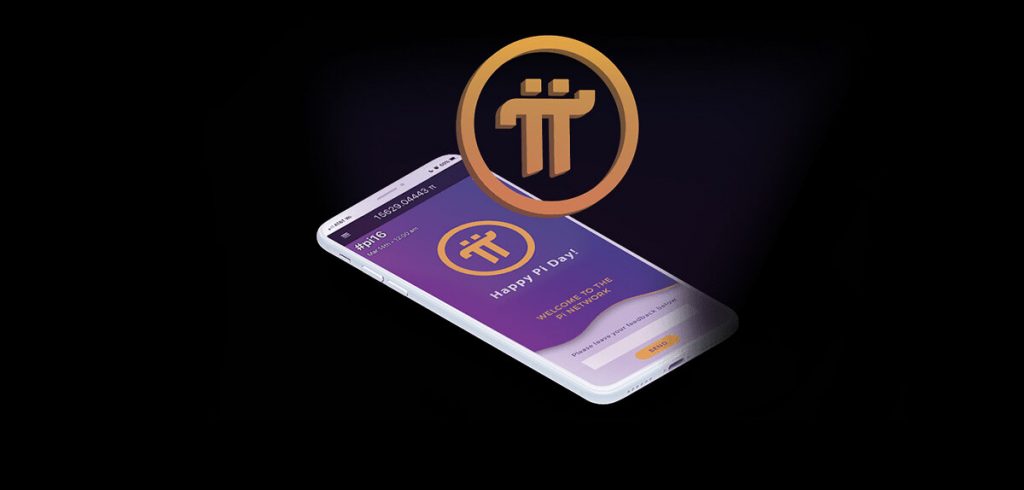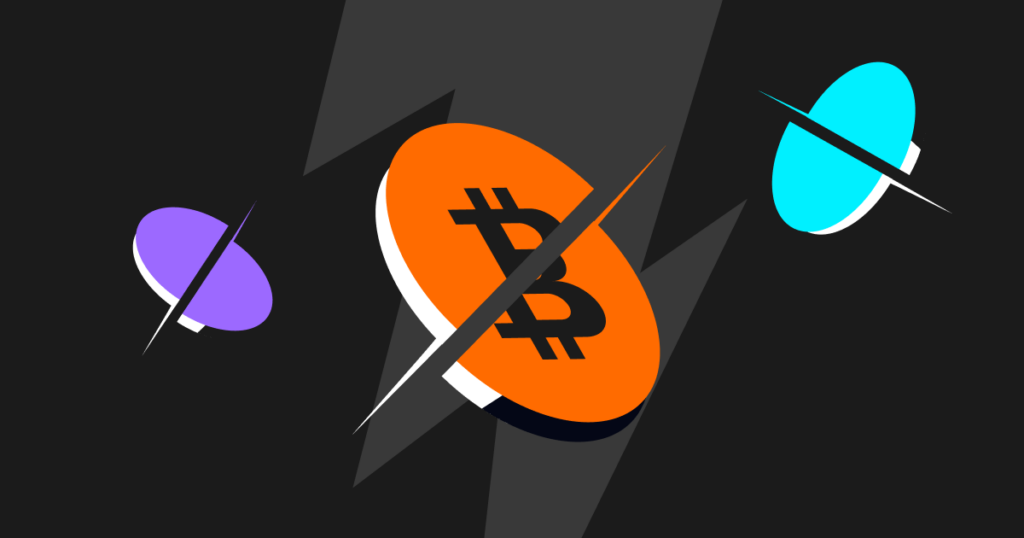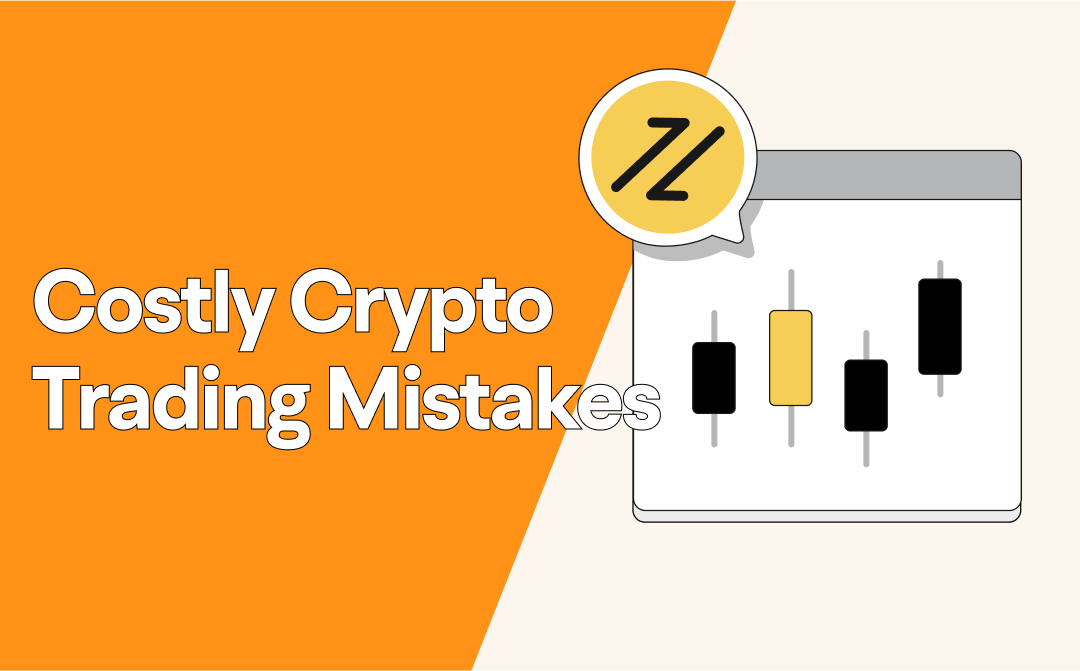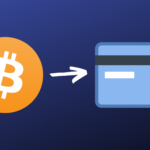What is Pi Network?
Pi Network is a decentralized cryptocurrency project designed to enable users to mine Pi coins directly from their mobile devices. Unlike traditional cryptocurrencies such as Bitcoin and Ethereum, Pi Network’s mining process doesn’t require intensive computational power, making it accessible to everyday users.
Launched in 2019 by a group of Stanford graduates, Pi Network has grown in popularity, boasting millions of users worldwide. However, its legitimacy remains under debate due to the fact that Pi is still not listed on any major cryptocurrency exchanges.
How Pi Crypto Works

Pi Network allows users to mine cryptocurrency through a mobile app, making it accessible for anyone with a smartphone. Unlike traditional mining methods that require significant computational resources, Pi uses a unique mobile mining mechanism that consumes minimal energy. Users earn Pi coins by simply logging into the app daily and clicking the “mine” button.
In terms of security, Pi Network employs a Proof of Stake (PoS) model rather than the conventional Proof of Work (PoW). This approach allows users to validate transactions based on the amount of Pi they hold, enhancing energy efficiency and scalability.
Pi Network has progressed through distinct development phases. It started with a Testnet phase, where functionalities were tested, and is moving towards the Mainnet phase, which will allow for real transactions and trading of Pi coins. However, as of now, Pi remains in its testing phase, leaving its full capabilities yet to be realized.
Legitimacy Concerns: Is Pi Network a Scam?
Skepticism surrounding Pi Network primarily stems from its unconventional approach to cryptocurrency mining and the lack of a clear monetization strategy. Critics argue that the project resembles a multi-level marketing scheme rather than a legitimate cryptocurrency, raising red flags about its sustainability.
When comparing Pi to established cryptocurrencies like Bitcoin and Ethereum, Pi’s mining model and ongoing “testing phase” appear less robust. While Bitcoin has proven its value through market demand and decentralized security, Pi has yet to demonstrate its functionality in a real-world context, leading many to question its long-term viability.
Additionally, the extended “testing phase” has left users in limbo, with no definitive timeline for when Pi will be tradeable on major exchanges. This uncertainty fuels the perception of Pi as a potential scam, as users continue to invest time and effort without tangible returns.
Can You Make Money with Pi?
Currently, Pi Network does not allow users to trade Pi coins on any major exchanges, meaning there is no direct way to make money from Pi at this stage. Users can mine Pi through the app, but its value remains speculative until it can be traded.
Looking ahead, some experts believe that if Pi Network successfully launches its mainnet and integrates with exchanges, it could gain significant value. However, others express caution, suggesting that its future potential largely hinges on user adoption and the development of real-world use cases.
Pi Network’s Roadmap and Whitepaper
The Pi Network whitepaper outlines its vision, objectives, and technical framework. Key takeaways include the focus on creating a user-friendly platform for cryptocurrency mining and a secure, decentralized ecosystem. The whitepaper emphasizes community engagement and emphasizes the importance of user trust and security.
As for the roadmap, Pi Network has made notable progress, including the successful launch of its Testnet phase. Upcoming milestones include transitioning to the Mainnet and introducing features like a wallet, allowing users to trade and utilize Pi coins in real-world applications.
The Debate: Supporters vs. Critics
The debate surrounding Pi Network’s legitimacy features a clear divide between supporters and critics.
Supporters argue that Pi Network has significant long-term potential due to its unique mobile mining approach, which democratizes cryptocurrency access. They believe that as more people join the network, its value will increase, especially once it transitions to being tradeable on exchanges. Supporters also highlight the project’s large user base, claiming it can drive demand and foster a strong community.
Critics, on the other hand, raise concerns about Pi’s feasibility and promise unrealistic returns. They argue that the project has yet to prove its value since it remains off major exchanges, and question the viability of its business model. Some view it as a potential scam, pointing to the lack of transparency and the risk of users investing time and resources without any real payout.
Comparison to Other Cryptocurrencies

When comparing Pi Network to established cryptocurrencies like Bitcoin and Ethereum, several key differences emerge. Bitcoin, known as the first cryptocurrency, relies on a Proof of Work model that requires substantial energy and computational resources. In contrast, Pi Network uses a unique mobile mining system that allows users to earn coins with minimal resource usage.
Moreover, Pi Network’s value proposition focuses on accessibility and user engagement, enabling anyone with a smartphone to participate in mining without incurring high costs or environmental concerns. This user-friendly approach sets it apart from more traditional cryptocurrencies, aiming to create a community-driven platform that prioritizes inclusivity.
Security and Data Privacy Concerns
One of the critical questions surrounding Pi Network is whether it compromises user data. Pi Network emphasizes that it does not collect sensitive personal information. Instead, the app requires basic data such as a phone number for verification purposes, promoting a focus on user privacy.
As for transparency and team credibility, Pi Network has released its whitepaper outlining its objectives and mechanisms. However, some critics point to the anonymity of the development team as a potential red flag. While the project’s claims about security and privacy are reassuring, users should remain cautious and informed about how their data is managed.
What Experts and Influencers Are Saying
Opinions about Pi Network among experts and crypto influencers are mixed. Some believe in its potential, highlighting the unique mobile mining approach and the vast user base, suggesting that if it gains traction, it could become a legitimate player in the cryptocurrency space. Others express skepticism, citing the lack of a functional product and concerns about its prolonged testing phase.
On social media, discussions often reflect these polarized views, with enthusiastic supporters promoting the project while critics warn against investing time or resources. Overall, the sentiment remains cautiously optimistic but uncertain.
Final Verdict: Is Pi Network Legit or a Scam?

The current state of Pi Network presents a mixed picture. While it has garnered millions of users and created a strong community, it faces skepticism due to its lack of real-world utility and prolonged testing phase. Predictions about its success are divided; some believe it will flourish once it transitions to a fully operational cryptocurrency, while others remain doubtful about its viability.
For users considering joining Pi Network, it’s essential to approach with caution. Engage actively, stay informed about developments, and understand that, as of now, any potential earnings are speculative. Keeping an eye on Pi’s future releases and market entry can help you make informed decisions.
FAQs
What is the current value of Pi Network?
As of now, Pi Network does not have a market value since it is not listed on any cryptocurrency exchanges. Its value will only be determined once it becomes tradeable.
When will Pi become tradeable on exchanges?
The exact timeline for when Pi will be available for trading is uncertain. Developers have indicated that they are working toward this goal, but no specific dates have been provided.
How do I withdraw Pi to a wallet?
Currently, users cannot withdraw Pi to an external wallet since it’s not yet tradeable. Once the mainnet launches and trading begins, the process for withdrawals will be outlined by the Pi Network team.
Is Pi Network mining worth my time?
Mining Pi is low-cost and does not require significant resources, making it relatively easy for users to accumulate coins. However, the potential future value of Pi is still speculative.
Is Pi coin real or fake?
Pi coin is a legitimate cryptocurrency in development, but it has not yet been launched on exchanges or achieved a market value.
Will Pi ever be worth money?
The future value of Pi remains uncertain. Its worth will depend on user adoption, functionality, and its launch on cryptocurrency exchanges.
Is Pi going to be a real cryptocurrency?
Yes, Pi aims to become a real cryptocurrency, but its legitimacy and value will depend on the successful implementation of its ecosystem and trading capabilities.










